Asia
“Digitising social welfare: Challenges of privacy” GISWatch report from Korea points out instances where women have leveraged even non-political internet forums to discuss socio-political issues. However, in this interview with Yeo-Kyung Chang, who works with Jinbonet, author Shehla Rashid Shora also remarks how several government policies are exposing women to privacy violations and related abuse.
APC member in Pakistan Bytes For All released the first ever comprehensive report mapping Pakistan’s past, present and possible future online. The report outlines internet control mechanisms deployed by the government and highlights existing legislation and its application in relation to the internet.
*If we accept that nothing is wrong with sexual arousal, what is wrong in reading a text or watching a cartoon, online porn, or using a powder to create sexual arousal?* This is the fourth in a series of posts reporting on the day-long “Connect Your Rights!” meeting held in Mumbai in November 2013.
Bytes For All, APC member based in Pakistan, has been denouncing for months an agreement between Facebook and its government, whereby the Pakistan Telecommunications Authority suggests which pages pages the social network should make unavailable for users in the country.
On November 20, nine APC members met to strengthen the APC network in the region. The meeting was held just before the Regional Consultation on Freedom of Expression for Civil Liberties held on 21-23 November with UN Special Rapporteur Frank LaRue.
New Zealanders are generally free to express themselves online, while at the same there is a high degree of soft self-censorship. These are some of the findings of a new report produced by APC and funded by InternetNZ.
With increased internet penetration in Pakistan, the youth of the country has taken enthusiastically to connecting and socializing via social media networks. It has allowed expression and surfacing of youth voices like never before. Social media platforms such as Facebook, Twitter, Youtube, Thumblr, Blogsphere etc.
APC members Japan Computer Access for Empowerment (JCAFE) and Japan Computer Access Network (JCA-NET) are calling the international community to campaign against the State Secret Protection Bill, which is being promoted by Japan’s ruling party and hopes to pass this week, 6 December.
APC member Bytes for All has released “Social Media Ethics and Etiquette,” a booklet (v1.0) as a part of the 2013 Take Back the Tech! campaign. Its a compilation of best practices for social media ethics and etiquette, though rather than an authority on online behaviour, it provides guiding principles. Click to download the PDF.
New Zealanders are generally free to express themselves online, while at the same there is a high degree of soft self-censorship. These are some of the findings of a new report produced by APC and funded by InternetNZ.

Association for Progressive Communications (APC) 2022
Unless otherwise stated, content on the APC website is licensed under Creative Commons Attribution 4.0 International (CC BY 4.0)



